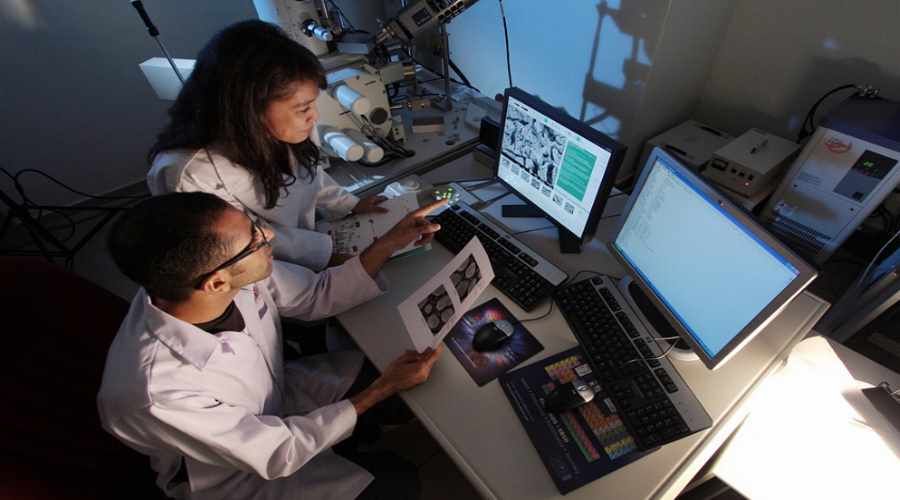Cash injection for Polish scientists from NCN
The National Science Center has just settled the competitions, in which theóhe broad research will be carried out, which will require the support of theóhe cooperation of a larger group of scientists. SONATA BIS allows scientists to establish a new teamół research, the winners of the HARMONIA competition carry out projects jointlyólnie with foreign centers, while under MAESTRO, the most experienced researchers direct pioneering work – we read on the website of the National Science Center (NCN). To competitionó672 projects were submitted.
MAESTRO is a competition intended for experienced scientistsów whichóThose who want to conduct pioneering research, going beyond the current state of the art. The project manager can become a person whoóra has published its previous work in recognized scientific journals, has directed other research funded through the competition, and actively participates in the life of the community, e.g. Serving on the scientific committees of international conferences or belonging to international associations. W óIn this edition of the competition, funding will be granted to 14 out of 88 submitted applicationsów. The total budget of the competition will amount to nearly PLN 42 million.
The HARMONIA competition is open to research projects, to be carried out in the framework of a joint program of the Polish Academy of Sciencesóinternational cooperation. It can consist of zarówno on direct cooperation with a foreign scientific institution, participation in bilateral or multilateral international programs, as well as the use of large international research facilities by Polish teams. To ósmej edition of the competition submitted 196 projectsóin whichówhose 51 will receive funding of more than PLN 40 million in total.
SONATA BIS is a competition for research projects aimed at establishing a new scientific team. The head of the newly formed research group may be a person whoóra received a doctoral degree within the period of 2 to 12 years prior to the year of application. Funding with a total value of over PLN 143.5 million will be awarded to 96 of the 388 submitted projectsów.
Who received the grants?
One of the winning projectsów is the project of prof. Tomasz Ważny from the Nicolaus Copernicus University in Toruń, dedicated to the application of dendrochronology in the study of civilizations of Southeastern Europe and the eastern part of the Mediterranean basinódziemny. Toruń teamół will use methods known from archaeology, history, geography, climatology or forestry to create the „biological archive” – set of incremental chronologies, whichóre will be compared with historical events dated by conventional methods. The research received funding of more than PLN 3 million.
Another project that theóry received funding is the project of Dr. hab. Paweł Lisowski from the Institute of Genetics and Animal Breeding of the Polish Academy of Sciences in Jastrzêbiec. Poles will take up the wspóThe researchers are collaborating with the German Center for Molecular Medicine im. Max Delbrücka to study genetic predisposition to rare diseasesób neurodevelopmental. Almost PLN 1.5 million has been allocated for the works.
W¶ród of the winning proposals a project by Dr. Michal Drahus of Jagiellonian University. Krakow astronomers will analyze the spontaneous disintegration of small bodies of the Solar System, i.e. comets and asteroids. To conduct the research, on whichóre has been allocated a sum of PLN 1.8 million, world-class telescopes will be used.
